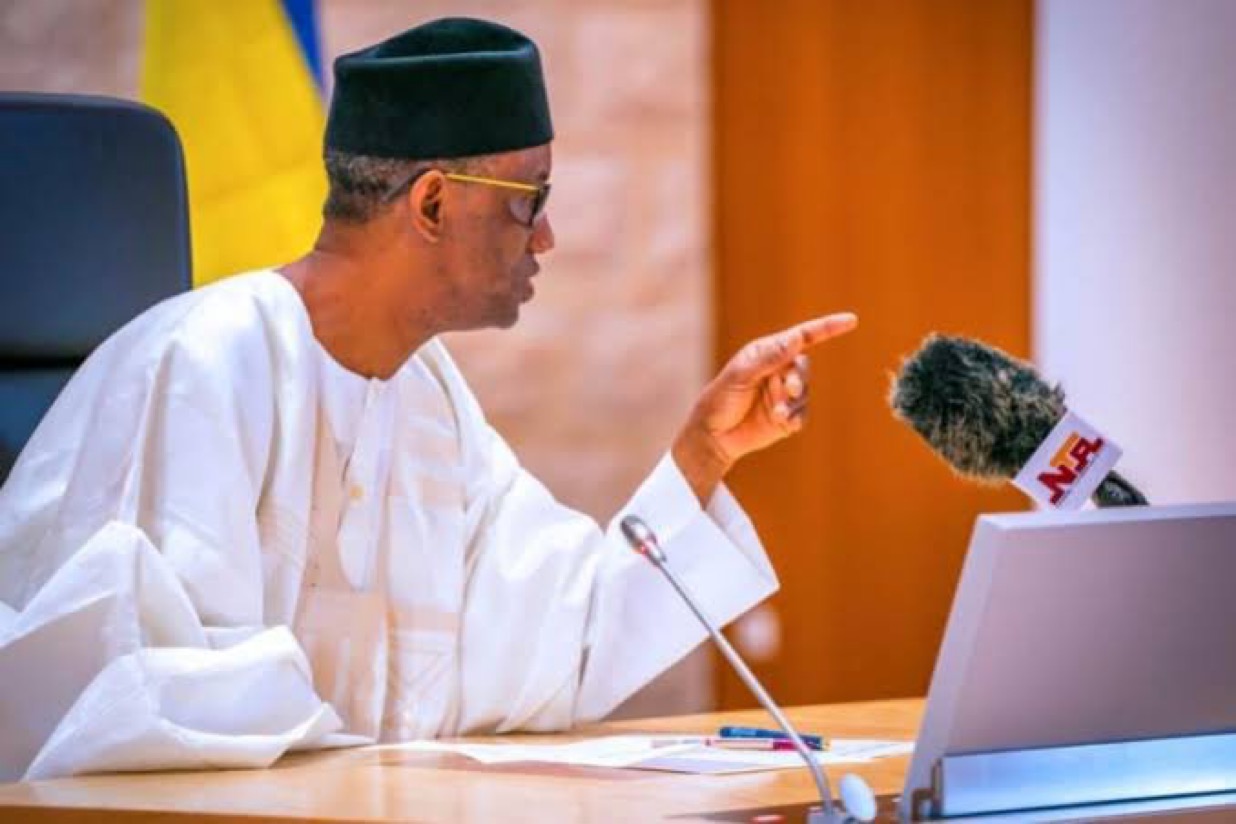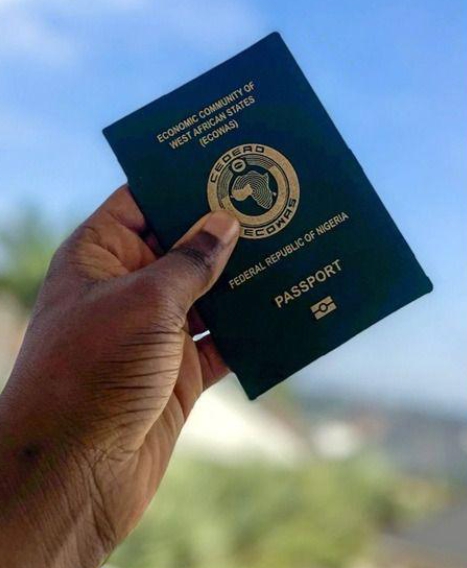
“Tinubu is a Digital President… Underestimating Him is Perilous,” Declares NSA Nuhu Ribadu

In a statement that has raised eyebrows and affirmed the strategic direction of the administration, Nigeria’s National Security Adviser, NSA Nuhu Ribadu, has described President Bola Ahmed Tinubu as a “digital President,” asserting that the leader is both educated and deeply informed.
Ribadu emphasized that anyone who underestimates Tinubu is doing so at their own peril, a description that signals confidence in the presidency’s command of technology and information in governance.
Addressing attendees during a national security conference last week in Abuja, Ribadu painted a picture of a new era in Nigerian leadership—one where digital fluency is as essential as political savvy. “President Tinubu is a digital President. He is educated and deeply informed. People who underestimate him are doing so at their own peril,” Ribadu asserted, underlining the president’s capacity to absorb data, leverage technology, and respond swiftly to evolving challenges.
Ribadu’s remarks come amid persistent questions about Tinubu’s leadership style, policy execution, and the pace of economic reform. Skeptics have frequently raised concerns over the administration’s handling of inflation, security, and digital innovation — areas which form the backbone of Nigeria’s future trajectory. By framing Tinubu as digital-first, Ribadu is not only defending the president but rebranding public perception around his governance approach.
The NSA went on to highlight specific examples of how Tinubu has embraced technology-driven solutions. Under this presidency, Ribadu said, crisis monitoring systems have been upgraded, data analytics are being used to inform security deployments, and public service applications are being digitized to reduce corruption. While details were sparse, the message was unmistakable: Tinubu’s team wants Nigerians to believe that their leader is agile, informed, and ahead of the curve.
Reaction to Ribadu’s statement has been swift. Supporters hailed it as a powerful declaration of Nigeria’s move into the digital age. One leading APC lawmaker, commenting off the record, said, “This is no mere political spin. The president is serious—data consoles now sit in Aso Rock. We’re seeing decisions driven by dashboards, not just by advisors.”
Yet critics have taken a more skeptical view. Analysts from opposition-aligned think tanks argue that calling Tinubu a “digital President” is aspirational rather than reflective of reality. Many point out that the rollout of digital IDs, e-governance platforms, and cybersecurity reforms has been painfully slow, undermining the promise Ribadu painted. On social media forums and Telegram groups, one user remarked, “The NSA’s pep talk sounds good, but dashboards don’t fill Naira gaps or stop bandits.”
Nevertheless, Ribadu doubled down, warning that any dismissal of the president’s digital competency would amount to strategic error. “This is not a man to be underestimated,” he said. “His understanding of geopolitics, cybersecurity, climate data, and economic modelling is on a level few anticipate — and they will find that out too late.”
Ribadu's confidence draws legitimacy from his own record. A former police officer, pioneering EFCC chairman, and now a principal advisor in the security realm, he has established a reputation for harnessing intelligence for operational gains. His portrayal of Tinubu as tech-savvy extends both men’s brand of transformational governance—a governance that claims to be rooted in intelligence, data, and foresight.
Yet amid the praise, key questions remain. How much of Tinubu’s "digital transformation" manifests in tangible outcomes? Have emergency response times improved because of digital integration? Are policymakers working off real-time analytics dashboards? And crucially, do public services now function with the same precision that Ribadu attributes to the presidency?
For now, the statement remains aspirational but strategic. As Nigerians continue to endure economic strain and security threats, the belief that the presidency is digitally equipped must eventually translate to visible reform – in health, education, crime, and economic opportunity.
For the Tinubu administration, Ribadu’s declaration is not just political cover—it’s a gauntlet: prove you are the ‘digital President’ in word and in deed. The public, strapped for technological progress and weary of slogans, will be watching closely.
Because underestimating Tinubu may be perilous — but failing to deliver on this digital promise will be catastrophic.


